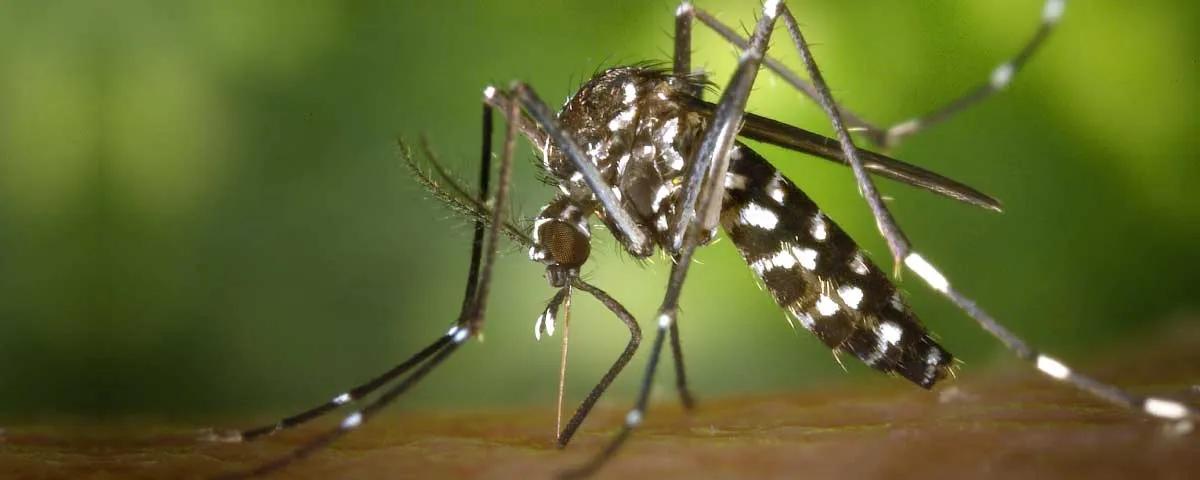Communicable Diseases

Communicable Diseases (CDs) are considered natural disasters as they have the potential to overwhelm the capacity of communities worldwide in the form of epidemics and pandemics. The last two decades have seen at least 1 billion people affected by natural disasters, with millions suffering from CDs. CDs can be caused by bacteria, viruses and parasites. There is an urgent need to work in multi-disciplinary teams to find solutions to manage, prevent and control CDs. This priority research area includes these topics:
Infectious diseases caused by bacteria, viruses and parasites in humans (e.g. pathogens causing periodontal, respiratory and gastro-intestinal diseases, Enterovirus 71, dengue virus, HIV, influenza virus, SARSCo-V-2, Hepatitis C and Acanthamoeba keratitis).
Development of novel antimicrobial/antiviral drugs against multidrug resistant bacteria, viruses, algae and parasites ( e.g. metal thiolates and metal organic frameworks).
Discovery of novel natural products, small chemical molecules, antimicrobial /antiviral peptides, biomaterials for drug/vaccine delivery (e.g. flavonoids, dithiocarbazate Schiff bases, diorganotin dithiocarbamates).
Development of novel vaccines against bacteria, viruses and parasites.
Development of novel diagnostics for detection and identification of pathogens.
Ecology and physiology of environmental pathogens causing diseases in aquaculture and livestock.



